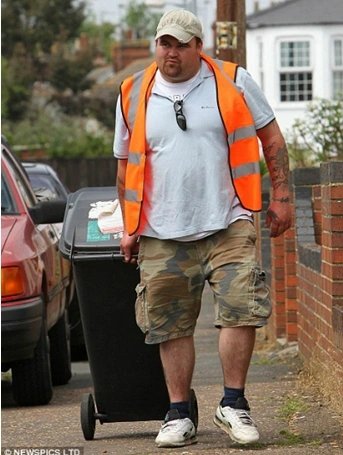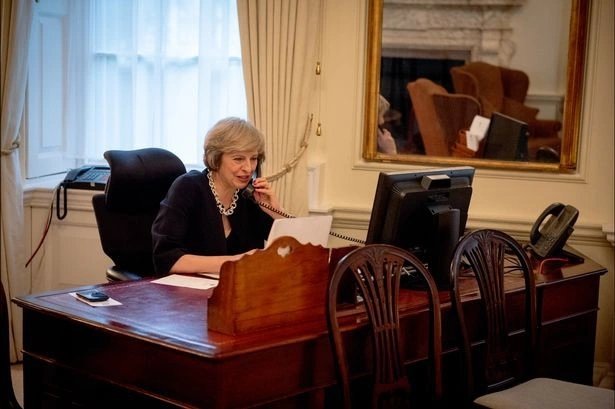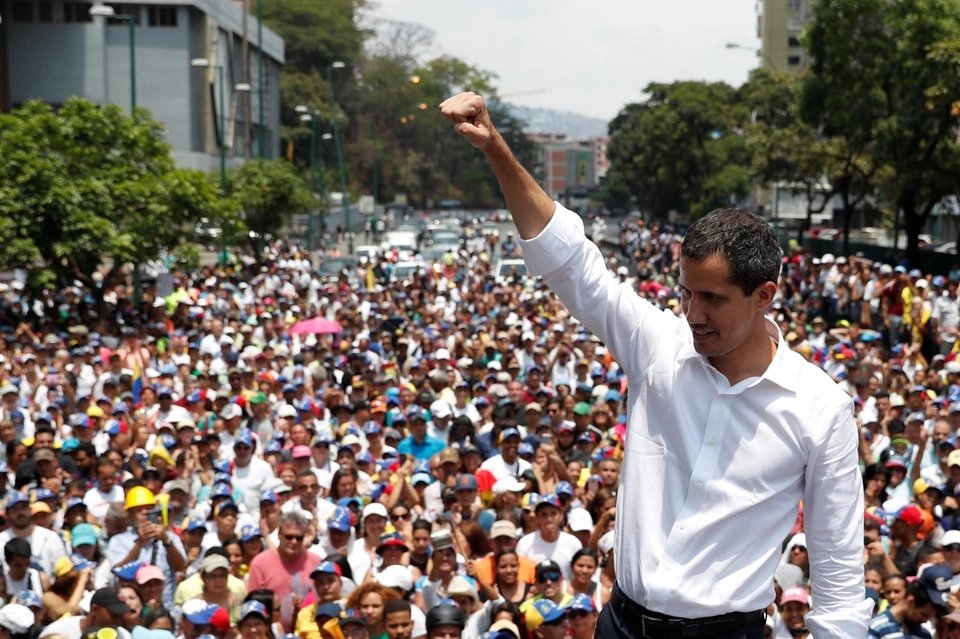
The Singapore government’s Covid-19 response task force in early September outlined a plan for transitioning to a new normal life, whereby they want to treat Covid-19 like a normal flu, when the majority of the population is sick.
However, Singapore last week suddenly announced a pause in its reopening plan and called on people to limit social activities, when the country recorded a sharp increase in the number of new infections.
This decision immediately caused controversy, as many people believed that the Singapore government was too cautious, in the context of the number of hospitalizations being much lower than other countries struggling with the Delta variant.
`The cornerstone of Singapore’s Covid-19 response strategy is to contain and slow down the chain of infection, to ensure the healthcare system is not overwhelmed. This helps us prevent possible deaths.`
Mr. Ratnam added that the Singapore government is pursuing a `calculated and continuously adjusted` approach to dealing with Covid-19, with the goal of minimizing socio-economic disruption and ensuring people’s safety.
`Sometimes we may have to temporarily pause opening, especially when the trend of cases, ICU cases or deaths increases,` he said, but added that the Singapore government would not want to reverse course.
Singaporeans get Covid-19 vaccine at a vaccination site on July 13.
Singapore officials said they will pause the reopening plan for at least a few weeks to monitor epidemic trends and compare data with countries such as England or Israel, where infection rates increased sharply after relaxing restrictions.
`We will have ongoing policy adjustments as we gradually open up, but if any strict restrictions are introduced, it will be based on ICU bed occupancy rather than numbers.`
Ms. Hannah added that the increase in cases as the country gradually opened up was something the Singapore government had anticipated.
`The relationship between infection and severe disease has changed thanks to vaccination, because vaccines help protect against the risk of severe disease,` she said.
Singapore started its vaccination campaign at the end of December last year and by September 13, 81% of the country’s population had been fully vaccinated.
`We are making every effort to reach the remaining unvaccinated population, through mobile vaccination sites or door-to-door vaccination of people who cannot travel. We will also launch a surge vaccination program
In addition to vaccination, increasing Covid-19 testing is also considered one of the important elements in Singapore’s gradual reopening plan.
`Through these measures, we can promptly detect infected cases to isolate and localize,` Mr. Ratnam said.
Associate Professor Hannah added that with zoning measures, places with increased community infection cases will have increased testing and must impose some restrictions or closures to prevent the risk of the epidemic spreading to other areas.
According to regulations effective from August 10, Singapore prohibits people over 13 years old who have not been vaccinated from dining at restaurants.
`We are implementing safety management measures based on vaccination status,` Ambassador Ratnam shared.

A woman scanned a QR code before entering a shopping center in Singapore in May. Photo: Reuters.
Alex Cook, an associate professor at NUS’ Saw Swee Hock School of Public Health, said Singapore currently has about 10% of the population under vaccination age and less than 10% who are eligible but have not been vaccinated.
`For the second group, we will continue to try to reach out, and have imposed more restrictions on them to encourage vaccination,` he said.
Mr. Cook added that one of the other notable changes in Singapore’s Covid-19 response plan is allowing F0 quarantine at home.
Accordingly, young people who have been fully vaccinated against Covid-19 and have no underlying medical conditions will be allowed to self-treat and recover at home, instead of having to go to a hospital or centralized treatment facility from now on.
`This measure may increase the risk of spreading the virus, but it also helps reduce the burden on the health care system,` Mr. Cook said.
Instead of mapping all close contacts of infected cases, Singapore will focus on handling high-risk locations or large outbreak clusters, according to Ambassador Ratnam.
`By using data on TraceTogether, we will also send medical risk warnings to people who have been in close contact so they can get tested, self-isolate and monitor their health status,` he said.
To respond to the risk of a stronger outbreak, the Singapore government has also increased public health care facilities, isolation beds and ICU beds.
`We cannot rule out the possibility of a blockade, but that will be a last resort. The Singapore government will make every effort to continue its plan to move towards a new normal life amid Covid-19,` Mr. Ratnam emphasized.






